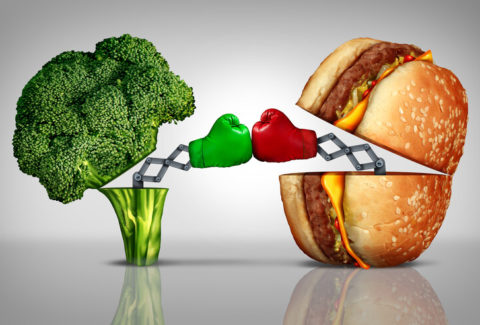The Passing Principle and the Process of Pattern Eradication

The Passing Principle and the Process of Pattern Eradication
Most people have no idea that their whole life is a product of their unconscious patterns[1]. They, therefore, do not know what these patterns are. They then neither know that they are reinforcing these patterns nor how they are doing that[2]. Pattern reinforcement is both unconscious and subtle. Since the more a pattern gets reinforced the more strengthened and consolidated it gets, we can see how most people are trapped in a seemingly ever going vicious cycle. We can also see how anyone can turn their whole life trajectory around once they get out of such a cycle.
How do we do that?
- We recognize that our life is a product of the unconscious patterns of our mind
- We understand that these unconscious patterns, in turn, are the product of operating from our Ordinary Blueprint
- We realize that the best way for us to address our pattern is through the process of eradication
- We understand that since it is a process, there are principles, a set of techniques, and a number of steps, which, when mastered, can help us both enhance and speed up the process
- One of the most common principles that can enhance and speed up the process of eradication is the Opportunity Principle via the Opportunity Scanning
- Another common principle that can enhance and speed up the process of eradication is the Passing Principle
What is the Passing Principle?
Simply put, the Passing Principle tells us that everything passes, nothing lasts forever, and everything has a beginning and an end. The Passing Principle also tells us that the beginning of anything is the end of something else and vice versa. Looking a bit deeper we get to see how the Passing Principle is related to the Opportunity Principle, though they are not the same. What is certain is that:
- When we apply the Opportunity Principle, we get to identify the opportunity to experience the Passing Principle
- When we apply the Passing Principle, we get to appreciate how it makes little sense to worry about something that has a solution; while, still, it makes little sense to worry about something that is yet to have a solution. For after all, nothing remains the same. As such, it becomes easier for us to then apply the Opportunity Principle, knowing that one way or another the situation will dissolve, and what we are left with is opportunity.
How do we then use the Passing Principle?
There is a number of ways we can go about using the Passing Principle:
- When we become aware of a thought that we are not consciously choosing, using the Passing Principle will help us discipline ourselves to not activate it. If it is already activated, then using the Passing Principle will help us discipline ourselves to not react to it and therefore to not reinforce it. If we are already reacting and reinforcing the thought, the Passing Principle will help us discipline ourselves to not further reinforce the thought pattern. Now, the more we get to use the Passing Principle in this case, the more we will be able to catch things early enough; and we will then be able to make successful use of it to then not unconsciously activate a thought that we are not consciously choosing
- The same process would apply if we were to replace thought with our feeling, or our behavior; with what we perceive, or what someone says; or with what is on the news, or any event. Everything passes. Nothing lasts forever. And knowing that everything passes is one of the most empowering places to be and one of the most powerful ways to enhance and speed up the process of eradication
- During Breath Awareness Practice[3], one of the steps is to become aware of sensations at the lip-nostril triangle. These sensations have always been present. We simply had not noticed them. They represent patterns of the unconscious mind – patterns that we are unaware of. This means how we relate to these sensations, just as we relate to our breath, mimics how we relate to our unconscious mind. This means, scratching or reacting, in any way, to any of the sensations encountered in the lip-nostril triangle is reacting to some forms of unconscious patterns. This means we are reinforcing these patterns without knowing that we are. Applying the Passing Principle as we perceive a sensation at the lip-nostril triangle, decreases the likelihood we will react to it. For since it is passing, why react to it? If it is passing why not simply let it go?
Here’s your introduction to the Passing Principle, and how it enhances and speeds up the process of eradication. Now, go on, start applying it, master it, and help your clients do the same.
[1] Dijksterhuis, Ap, and Loran F. Nordgren. “A theory of unconscious thought.” Perspectives on Psychological science 1.2 (2006): 95-109.
[2] Jordan, Thomas. “Self-awareness, meta-awareness and the witness self.” Unpublished paper. Retrieved from: http://www. perspectus. se/tjordan (2001).
[3] Rama, Swami, Rudolph Ballentine, and Alan Hymes. Science of breath: A practical guide. Himalayan Institute Press, 1998.








